Creatine is the most researched and effective sports supplement available, trusted by athletes, bodybuilders, and fitness enthusiasts worldwide. Whether you're training for muscle growth, improved strength, or enhanced workout performance, creatine supplements deliver proven results. From creatine monohydrate powders to micronised creatine pills and tablets, our curated collection features top-rated products from trusted brands – all available to buy online with fast UK delivery.
Creatine Monohydrate is the most studied form, known for its effectiveness and affordability. Optimum Nutrition Micronized Creatine Monohydrate is a popular choice for its purity and easy mixability with water, protein shakes, or post-workout supplements helping you optimise recovery and muscle growth, improving overall sports performance.
What is Creatine?
Creatine is a naturally occurring compound found in the muscles and brain, primarily responsible for supporting energy production during high-intensity exercise. It's synthesised in the liver, kidneys, and pancreas, and can also be obtained through protein-rich foods like red meat and fish.
According to the Journal of the International Society of Sports Nutrition, “Creatine monohydrate is the most effective ergogenic nutritional supplement currently available to athletes to increase high-intensity exercise capacity and lean body mass during training” (JISSN, 2017).
Creatine works by replenishing adenosine triphosphate (ATP) – the body’s main energy molecule – allowing for more efficient muscular performance, especially in short bursts of activity like lifting, sprinting, or HIIT. Studies published in Nutrients and PubMed Central confirm creatine’s benefits in muscle growth, strength, power output, and even cognitive function in certain groups.
As a result, creatine has become one of the most widely used and researched sports supplements on the market – and is a go-to choice for anyone looking to enhance performance, build muscle, or recover faster.
Types of Creatine – What Is the Best?
There are several forms of creatine available on the market, each with its own benefits and formulation. While all aim to improve strength, muscle gain, and exercise performance, some types are more researched and effective than others.
1. Creatine Monohydrate
The most widely studied and recommended form.Highly bioavailable, cost-effective, and clinically proven to enhance performance.
A 2021 review in Nutrients confirmed that creatine monohydrate remains the gold standard, showing superior results in muscle strength and lean body mass when compared to other forms.
2. Micronised Creatine
Creatine monohydrate that’s been processed to a finer powder for better solubility and digestion.
Ideal for those who experience stomach discomfort from regular monohydrate.
3. Creatine Hydrochloride (HCL)
A form bonded with hydrochloric acid, said to be more soluble in water.
Often marketed for better absorption and fewer bloating issues, though clinical data is limited compared to monohydrate.
4. Creatine Ethyl Ester
Claimed to have better absorption, but studies show it may break down faster in the body, reducing effectiveness.
Less effective than monohydrate according to comparative studies.
5. Creatine Malate, Kre-Alkalyn, and Buffered Creatines
These newer variants combine creatine with other compounds for performance or pH-stability benefits.
⚖️ Marketed benefits often lack the volume of research supporting monohydrate.
Which Creatine Is Best?
Creatine monohydrate is still the most effective, safe, and budget-friendly option. It’s backed by over 500 peer-reviewed studies and recommended by sports nutrition experts globally. Unless you have specific digestive concerns or are experimenting with advanced protocols, monohydrate should be your first choice.
What Does Creatine Do?
Creatine helps your muscles produce more energy during high-intensity exercise. It increases the availability of adenosine triphosphate (ATP) – the body’s primary energy source – allowing you to train harder, lift heavier, and recover faster.
When you supplement with creatine, your body stores more phosphocreatine in your muscles. This stored energy is rapidly used during explosive movements like sprinting, heavy lifting, or high-intensity interval training (HIIT).
Backed by Science:
According to the Journal of the International Society of Sports Nutrition, creatine improves “strength, lean body mass, and overall training adaptations during resistance training.”
Key Benefits of What Creatine Does:
-
Increases strength and power output during resistance and anaerobic training
-
Enhances muscle growth when combined with weight training
-
Improves endurance and exercise capacity for short, high-intensity bursts
-
Speeds up muscle recovery between workouts
-
Supports brain function and cognitive performance, especially during sleep deprivation or stress
Whether you're a beginner or a seasoned athlete, creatine gives your body the fuel it needs to push harder, train longer, and recover smarter.
How Do You Take Creatine?
Creatine is typically taken as a powder mixed with water or a shake, or in capsule or tablet form. The most common and effective dose is 3–5g per day.
-
For powders: Mix 3g of creatine monohydrate with 250ml of water or juice and consume daily.
-
For capsules/tablets: Follow the product’s specific dosage, usually 3–6 capsules daily.
Pro tip: It doesn’t matter whether you take creatine before or after your workout—what matters most is consistency. Taking it every day helps saturate your muscles and deliver the best results over time.
Do I Need to Load Creatine?
No, loading is optional.
A typical loading phase involves taking 20g of creatine per day (split into 4 x 5g doses) for 5–7 days, followed by a maintenance dose of 3–5g daily.
However, you can skip the loading phase and go straight to 3–5g daily, which will still lead to full muscle saturation—just over a longer period (around 3–4 weeks instead of 1).
Loading may result in quicker results but isn't necessary for long-term effectiveness.
For those sensitive to digestive discomfort, Creatine Hydrochloride (HCl), such as Con-Cret Creatine HCl, offers a more soluble option. Buffered Creatine like EFX Sports Kre-Alkalyn improves absorption and reduces bloating. Micronized Creatine by Dymatize is another great choice for faster absorption. To learn more, check out our article on Top 7 Creatine Supplements of 2025, Recommended by Trainers.



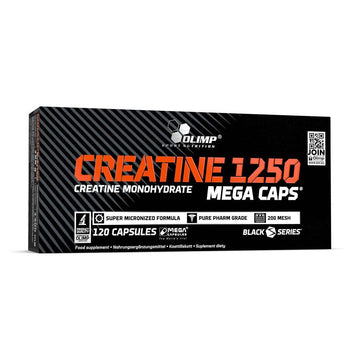
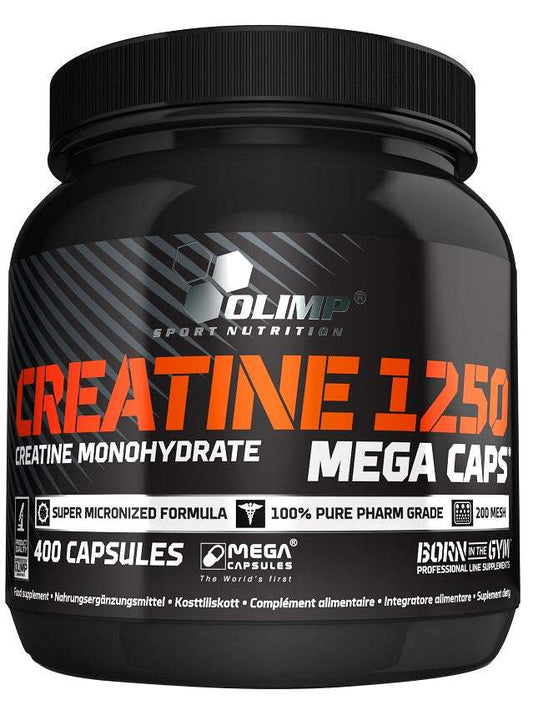

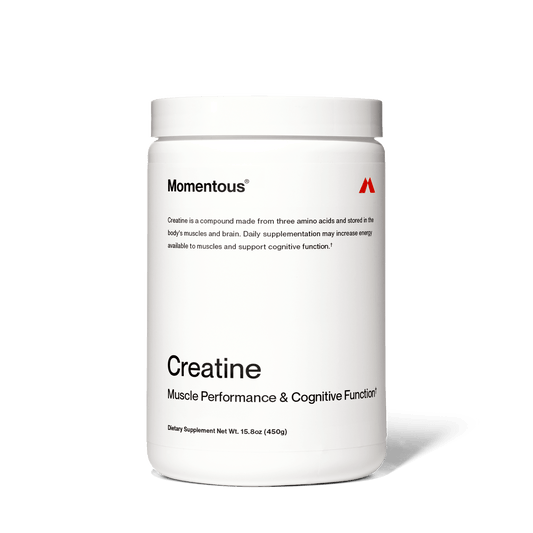
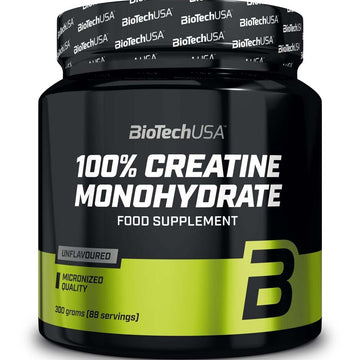
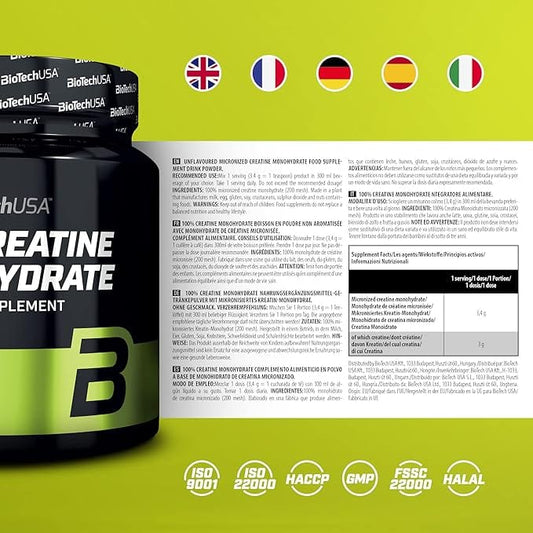
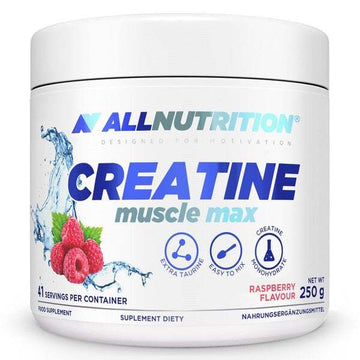
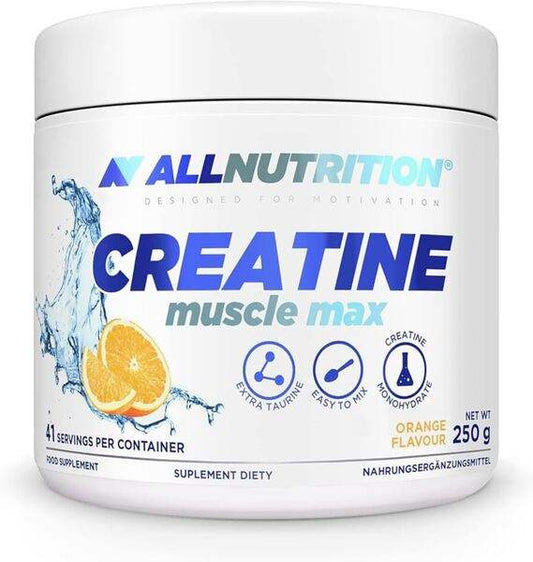
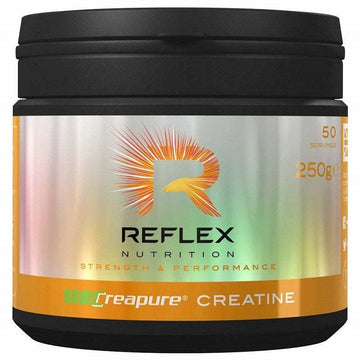
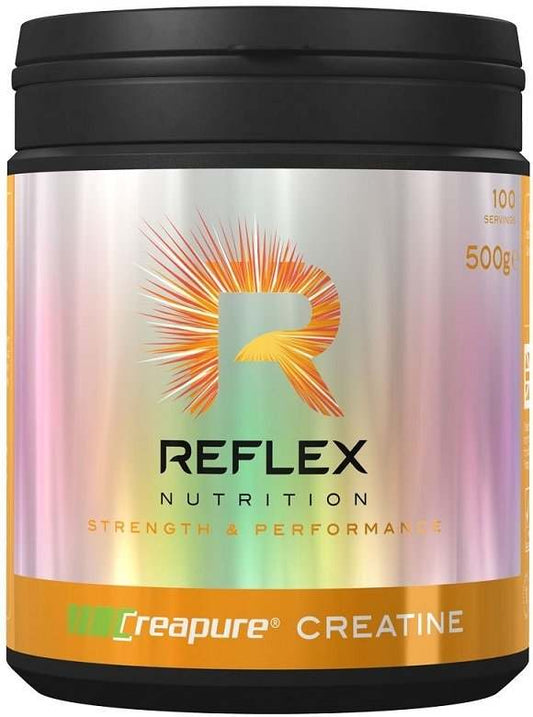
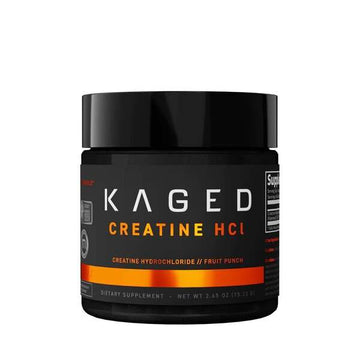

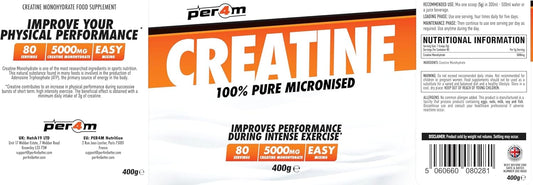

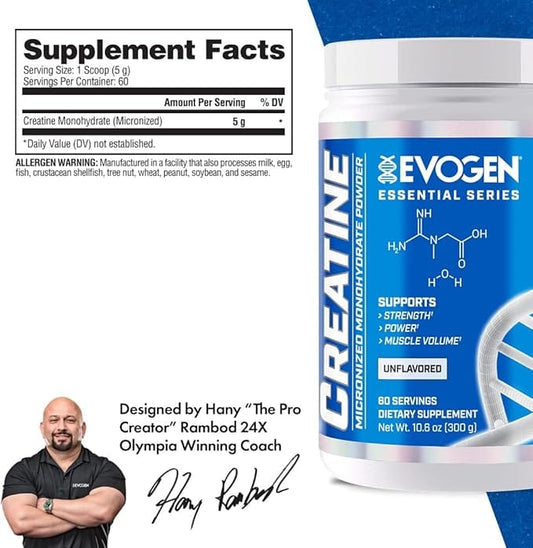

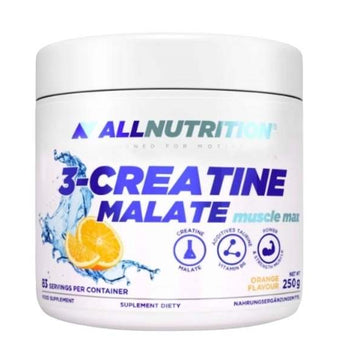

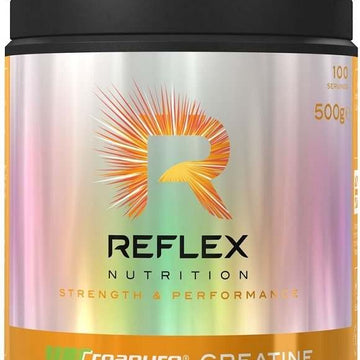

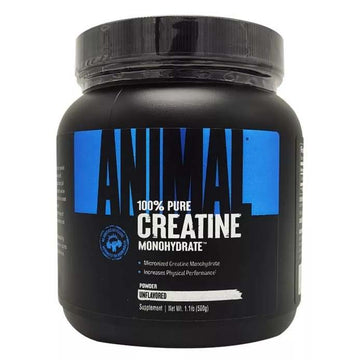
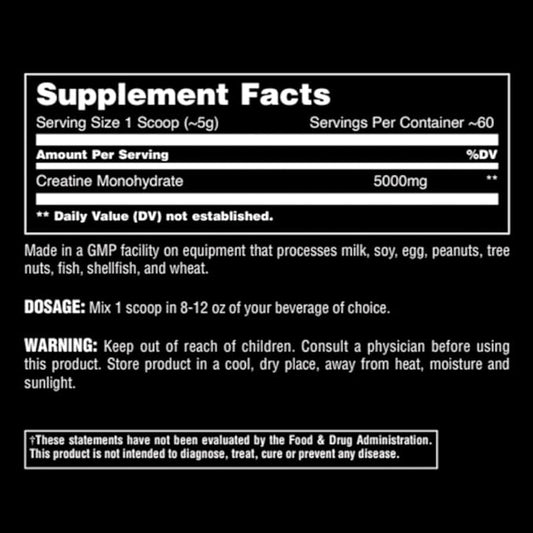
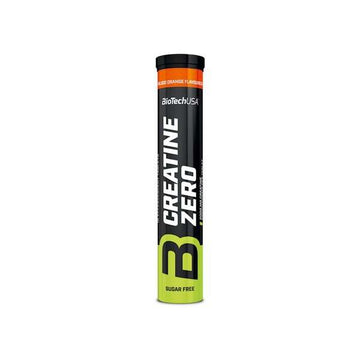
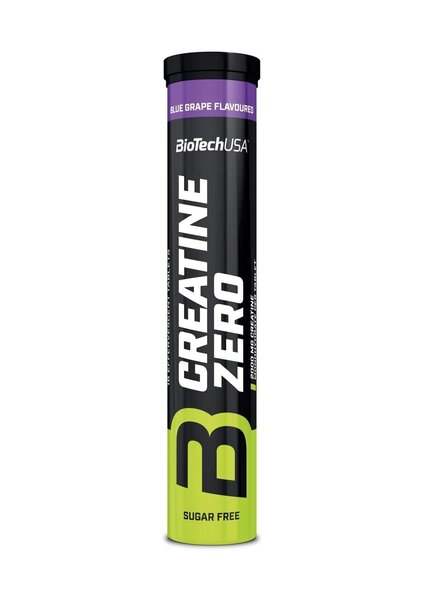





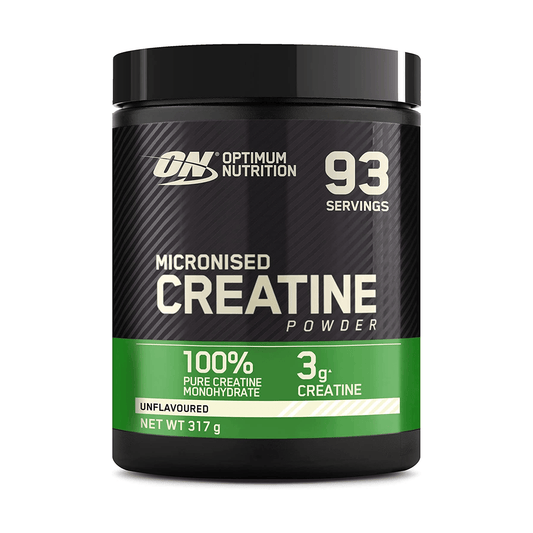


 Rated Excellent by 26,523+ Reviews
Rated Excellent by 26,523+ Reviews